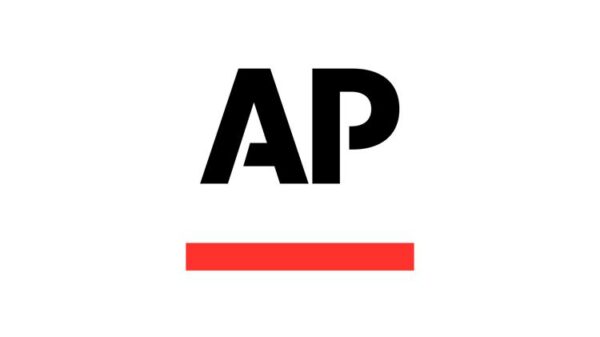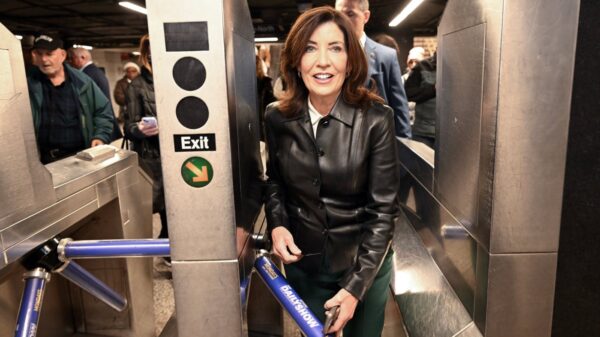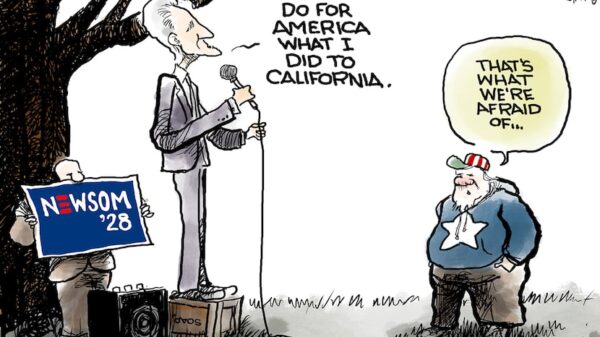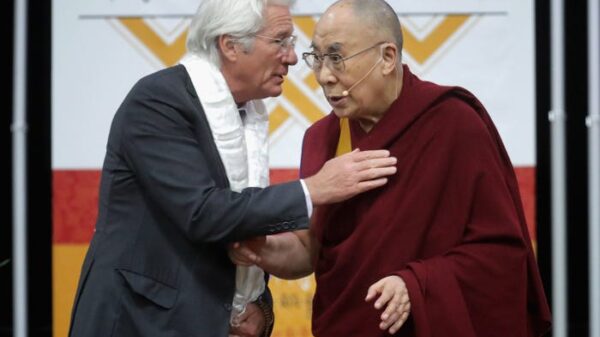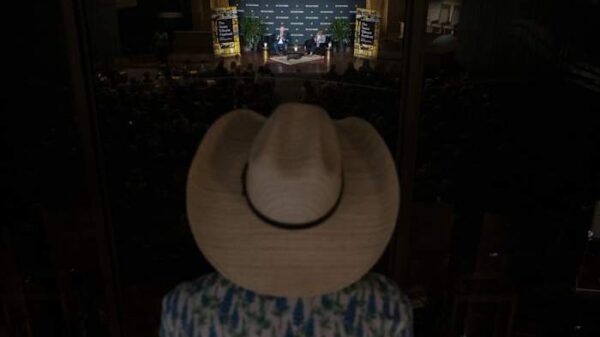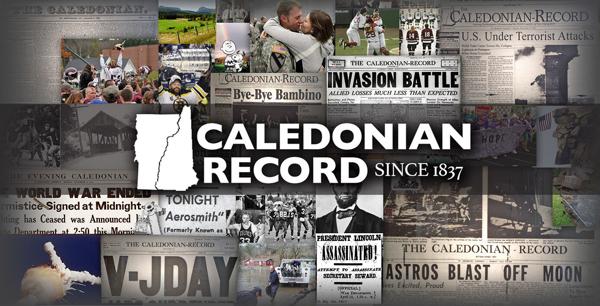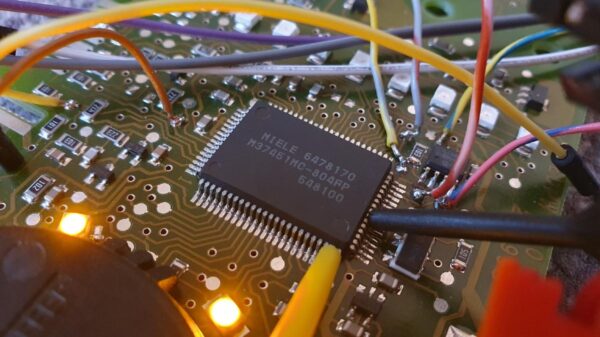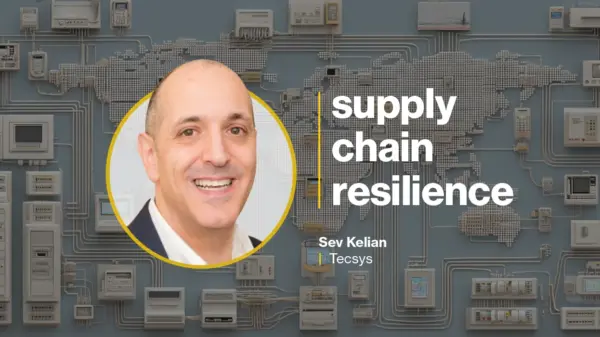URGENT UPDATE: The White House has launched a sweeping review of the Smithsonian Institution, raising alarm among educators nationwide about potential changes to historical content. This assessment, aimed at aligning the institution’s materials with President Trump‘s vision of American history, could significantly impact how history is taught in classrooms across the country.
High school history teacher Katharina Matro from Bethesda, Maryland, expressed her concerns, stating, “We don’t want a partisan history. We want the history that’s produced by real historians.” The review, announced in a letter last month, seeks to evaluate the “tone, historical framing, and alignment with American ideals” of the Smithsonian’s educational resources.
The implications of this review are profound. As a leading provider of curriculum materials, the Smithsonian is essential for history teachers, with over 80% reporting they rely on its resources, according to a recent survey by the American Historical Association. These resources are trusted for their professional rigor, making them crucial in classrooms where outdated textbooks often fall short.
Critics fear that the White House’s agenda to “celebrate American exceptionalism” could lead to a more sanitized version of history, sidelining critical narratives on issues such as slavery and genocide. The Education Department has also recently launched the Founders Museum in partnership with PragerU, a conservative nonprofit, to promote this narrative ahead of the nation’s 250th anniversary next year.
Educators like Tina Ellsworth, president of the National Council for the Social Studies, warn that such changes could undermine educational integrity. “Teachers are really leery of partisanship in the sources we’re using,” she emphasized, highlighting the need for balanced education.
Additionally, the review threatens to diminish the visibility of marginalized voices in American history. Russell Jeung, a professor at San Francisco State University, participated in a Smithsonian project focused on racism against Asians during the COVID-19 pandemic. He fears that valuable stories may be overlooked as a result of the review. “The tragedy again and the loss is that we won’t get the national recognition that we deserve,” he lamented.
Concerns extend to students of color, as educators like Michael Heiman from Juneau, Alaska, worry that a shift in focus could discourage them from engaging with history. “We are further quieting voices that are important to our country,” Heiman stated, emphasizing the detrimental impact on underrepresented populations.
The change in direction raises questions about the future of American history education. Sam Redman, a history professor at the University of Massachusetts, Amherst, noted a troubling trend among his students. In previous years, many expressed a desire to work for federal institutions like the Smithsonian; however, this year, he has not heard any such aspirations.
As the White House review unfolds, educators and historians are closely monitoring developments that could redefine the landscape of history education in the United States. The outcome of this review not only affects how history is taught but also shapes the narratives that will resonate with future generations.
What’s next? Educators and stakeholders are urged to advocate for a balanced approach to historical education as the review progresses. The ability to teach a comprehensive and inclusive history hangs in the balance, and immediate action is vital to preserve the integrity of educational resources.








